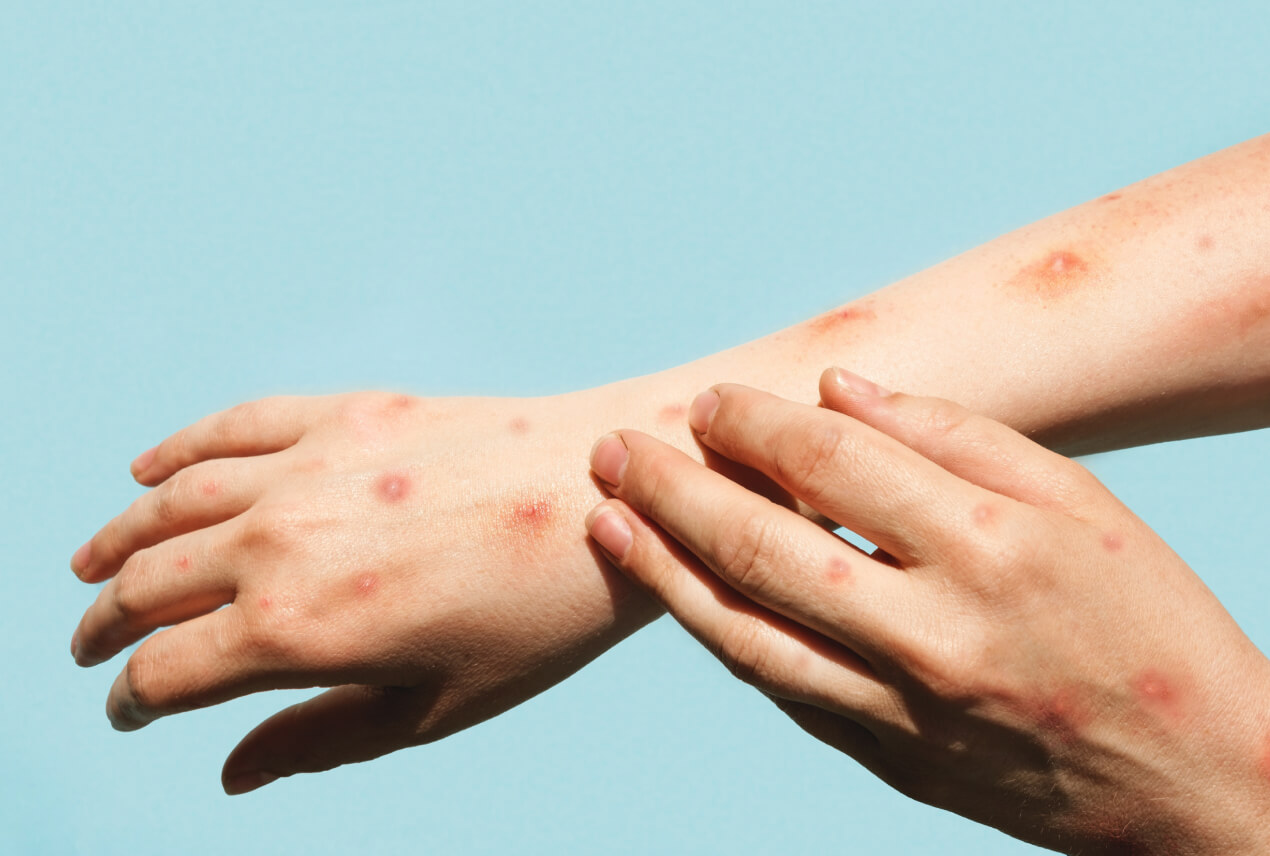Monkeypox is a rare viral disease that can spread from human to human, or human to certain animals. Monkeypox, which can present as a rash and flu-like symptoms, was discovered in 1958 when outbreaks occurred in monkeys being used for research. It's a member of the family of viruses known as orthopoxvirus, which also causes smallpox.
In November 2022, the World Health Organization (WHO) announced that its preferred term for monkeypox will be "mpox" after a transitional period of one year. The name change is less stigmatizing, according to advocates who have campaigned for a new term.
Monkeypox is primarily spread through human contact with infected rodents. However, the virus can also be spread through skin-to-skin contact with another human who is infected. There are two types, or clades, of mpox. One originated in Central Africa and the other in West Africa. The current global outbreak was caused by the West African clade, which is less severe.













